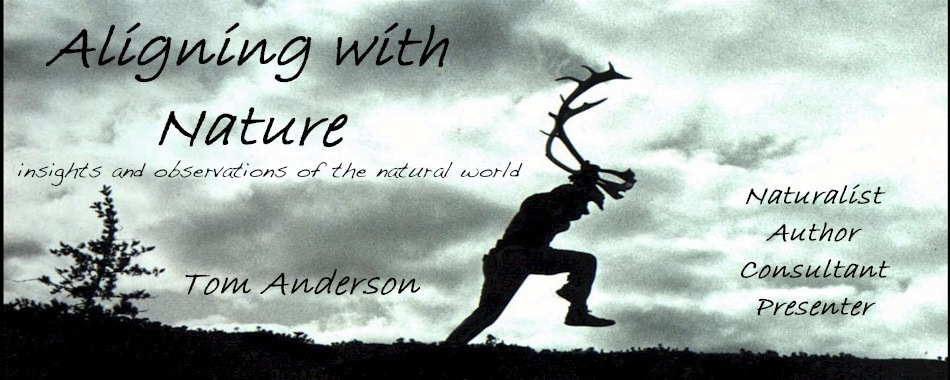Bringing your Voice to the Candidates

Take a deep breath. Draw yourself a glass of cool water and step outside. Now take another deep breath. Feels better doesn’t it?
Those two resources, the air we breathe and the water we drink, are easily taken for granted. Both are absolutely necessary for us to live.
Like many other natural services (flood control, plant pollination, nutrient cycling, etc.) pure air and water are vital ingredients provided at no financial cost to us, the users, by natural systems. Of course if we taint either water or air, there is a mighty cost in dollars and health.
So where is the political discussion and leadership on keeping those systems intact and running smoothly? As a fiscal conservative, I am all in favor of letting the natural world providing us clean air and water at a minimal cost.
In the big picture, I would argue that jobs, security from terrorism, health care, immigration, social security, education, wages, agriculture, guns, parks and other issues fall behind the need to maintain the integrity of those natural systems that ALLOW us to live. Plain and simple, the above-mentioned issues that most candidates and the electorate focus on require living and healthy humans.
So how is it that we hear very little from any presidential or congressional candidates on the need to take care of our nest, the biosphere?
The biosphere is the relatively thin layer of the earth’s crust, waters and atmosphere that supports life. If you look at a photo of the earth from outer space you get a real sense of how thin the biosphere is. You can actually see the light blue color of the biosphere. Mess with it too much and life would not exist, as we know it.
I’ve never been a big fan of the bumper sticker that asks us to “Save the Earth.” As a planet, the home orb we call earth will be just fine without humans. With or without us, it will continue it’s ring-around-the-rosy course with the sun. I want to see the bumper sticker that cajoles us to “Save the Biosphere.”
We Homo sapiens are a complex critter. We are amazingly compassionate and/or utterly evil. These are choices.
I am suggesting that we lean in towards the compassionate choices when considering our ability to allow natural systems to function as they have done for eons.
Like most creatures, we need healthy air, water, food and shelter. Seems a simple formula but we have made complex when we assigned a monetary value to each. Suddenly there are those folks who can attain their needs and those who can’t.
I propose that we let the engines of natural world do their free good works of helping us survive by moving our efforts in a direction that allows those systems to do their job without our interference.
I’ve been frustrated in the lack of discussion by any candidates, other than the Green Party, of issues that pertain to the health of our biosphere.
Climate change has hardly been discussed yet it has been deemed one of the Pentagon’s primary concerns for national and global security.
In the 2014 Quadrennial Defense Review, authored by the US Department of Defense, the following was included in the first chapter entitled “Future Security Environment”:
“Climate change poses another significant challenge for the United States and the world at large. As greenhouse gas emissions increase, sea levels are rising, average global temperatures are increasing, and severe weather patterns are accelerating. These changes, coupled with other global dynamics, including growing, urbanizing, more affluent populations, and substantial economic growth in India, China, Brazil, and other nations, will devastate homes, land, and infrastructure. Climate change may exacerbate water scarcity and lead to sharp increases in food costs. The pressures caused by climate change will influence resource competition while placing additional burdens on economies, societies, and governance institutions around the world. These effects are threat multipliers that will aggravate stressors abroad such as poverty, environmental degradation, political instability, and social tensions – conditions that can enable terrorist activity and other forms of violence.”
Ignored, climate change will exacerbate the global refugee issues. Sadly, the current Syrian refugee issue will likely look like a practice swing for what might be unleashed when millions of environmental refugees flee their flooded homes.
And as far as jobs go the renewable industry is leaping ahead of the traditional fossil fuel industry. Recently an article in Think Progress stated that “Over the last year, the solar industry added jobs twelve times faster than the rest of the economy, even more than the jobs created by the oil and gas extraction and pipeline sectors combined.”
So what can you do?
Go to a political forum in your community and demand meaningful answers on actions the candidate will pursue in addressing a healthy biosphere.
Don’t ask them if they believe in climate change. Don’t ask any question that requires a simple “yes” or “no.”
For example, you might consider asking a question like one of the following:
1 China is moving ahead rapidly in the domain of renewable energy. What steps would you take to ensure that Minnesota (fill in the state you reside in) position itself as a leader in renewable technology?
2 Numerous peer-reviewed studies show the transition to 100 percent clean, renewable energy (sourced by the wind, water, and sun) is technologically possible. What would you do to help our cities, towns, states, and country make this transition as quickly as possible so all Americans have access to affordable clean energy over the next 30 years?
Given that innovations in science and technology will stoke the engines of the 21st-century economy, it is important to pin down a candidate’s policies on science and technology.
During times like this I remind myself of the wise words of a friend. “If something means a lot, you do a lot. If it means little, you do little.”
Folks, this means a lot. Finish your glass of water, take another deep breath and get to work.
Filed under: Uncategorized

Leave a Reply
You must be logged in to post a comment.